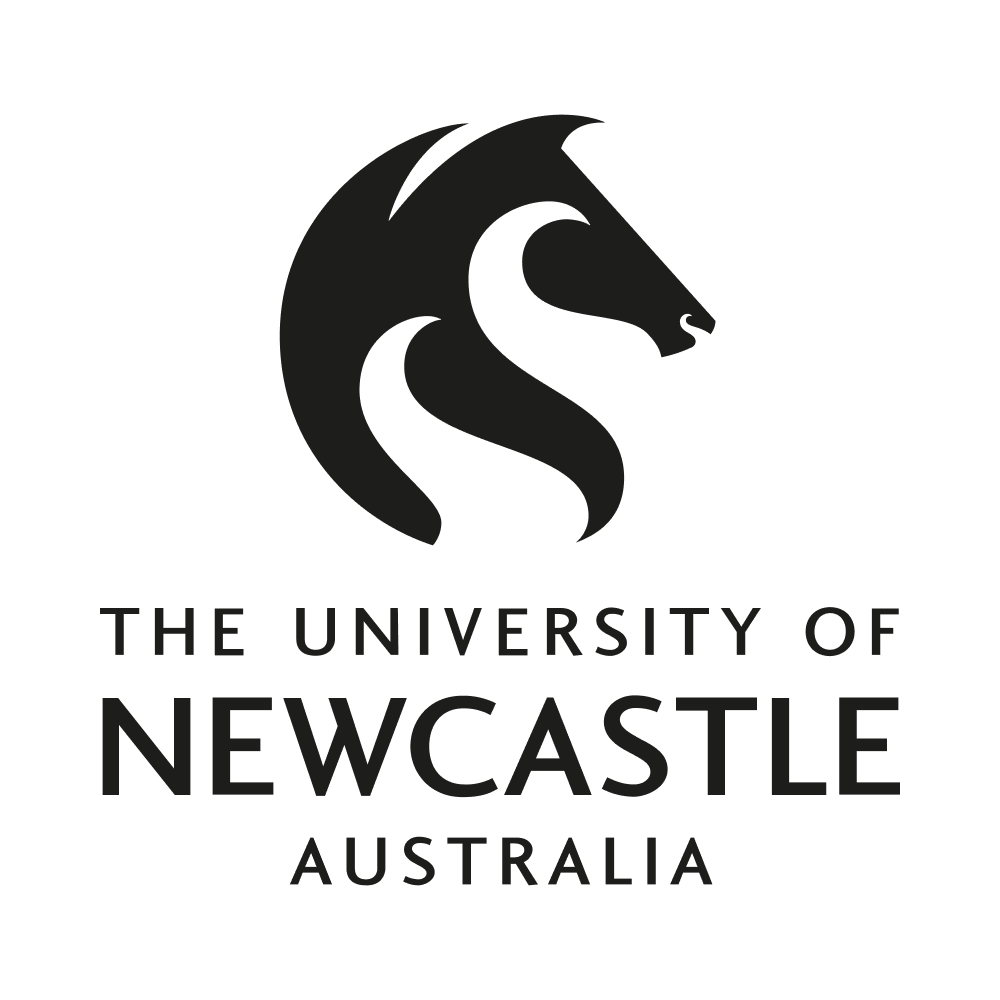
A modern career path typically doesn’t follow a straight line.
The truth is that people are multifaceted. And their careers can be too. It’s becoming more and more common for people to make a career change – or two – throughout their working lives.
Maja Paleka is the co-founder and director of Juggle Strategies, where she helps organisations, and their team, thrive in the future of work. As someone who has been through a few career changes herself, Paleka understands the value of positive career change – no matter your age.
“I have a mixed background in terms of the things I’ve done,” she explains. “I started off as an electrical engineer, then moved to telecommunications, in both technical roles and managing teams. After this, I moved into sales and general management, running P&Ls. I started a company of my own, which I later sold, and eventually co-founded Juggle Strategies.”
It’s not surprising that Paleka’s extensive experience across various industries has contributed to her success along the way, each time adding to her skill set and embracing career change.
It’s never too late for a career change
A career change can be daunting at any age, but Paleka says you’re never too old to make it happen.
“I have seen many examples of people who have made that pivot and made it successfully,” she says. “You have to start with the realities of your life and situation. You may have a mortgage to pay or kids to look after. Whatever it is, you need to be pragmatic about how you make that shift.”
A career change doesn’t need to be a dramatic shift. It can be gradual and involve multiple lateral moves until you reach your end goal. If a riskier move is outside your comfort zone, Paleka suggests having a conversation with your current manager.
“Many organisations these days will support people in trying new things,” she explains. “I’ve seen an example of someone who was a tax accountant but wanted to move into HR. She spoke to her organisation, and they supported her through retraining and secondment opportunities within the company. That’s a really safe, risk-averse way to approach a career change.”
Career change at 30
By 30, you’ve got about a decade of your career behind you. You may have climbed a few rungs of the corporate ladder and have a good handle on your industry.
It’s also a time when it’s common to get itchy feet within your career. If you want to change your career but can’t afford the costs, Paleka’s advice about making an internal move may be pertinent. If you don’t yet have financial commitments or a family, you may also have the option to retrain in a full-time capacity.
Career change at 40
By 40, you’ve likely got a well-established professional network around you. If you’re thinking about making a career change at 40 in Australia, this network will be very useful. You likely have contacts who are experts on how to change careers themselves and who may be able to help you through your career move.
Find a career change mentor who can be a positive support person as you make this shift.
Career change at 50
By 50, you may have 20+ years ahead of you in your career, and you want to make them count. With more and more people expecting to work into their 70s, a career change at 50 in Australia is becoming more common.
At this age, a career change may be about chasing a dream that you’ve never had the opportunity to pursue. Or it may be about moving into a career that better aligns with your values. Whatever the case, there’s no shortage of career-change ideas or possibilities.
How to change careers
If you want to make a career change into a profession that requires training, such as a data analyst or an accountant, you’ll likely need to start with a career-changing degree. There are many postgraduate options available online.
“Not everyone has the luxury of being able to focus on intense, full-time study,” says Paleka. “If you do, that’s great. If you don’t, there are other options. There are many flexible education options available these days, including online learning. Universities are getting really good at making postgraduate education accessible and pragmatic.”
Before you make any moves in your career change, first, sit back and assess your skills. Identify the gaps in your skills and look at the different training options available to you.
If you aim to develop your expertise in a specific area of knowledge, you can consider pursuing a master's degree in your preferred field. These programs may also be available for online study. Below are some examples of online master's courses in various fields in Australia.


This Master's coursework Masters is designed for students seeking a comprehensive postgraduate degree in applied finance, financial management, financial analysis, and investment strategy skills. The course prepares you to work in the dynamic financial services industry. It focuses on how individuals, financial institutions, businesses, and governments make financial and investment decisions. You will learn to identify, analyse, and interpret financial information and use industry-relevant databases and software. The financial services industry demands graduates who can work in teams, communicate effectively, think critically, and approach problem-solving analytically, skills you will develop throughout this course.


Develop the specialised skills to create a thriving and dynamic marketing career? Build your expertise and learn how to grow brands at one of Victoria's top 3 business schools* with Deakin’s Master of Business (Marketing).
You will gain in-demand, contemporary marketing knowledge and sharpen your communication and critical thinking skills, which employers are looking for. Experience hands-on practical learning across martech, digital and social media marketing, marketing analytics and sustainability for business, allowing you to develop contemporary marketing knowledge that will set you apart in the industry.
Learn how to develop, implement and evaluate effective marketing strategies and put your skills into practice with industry relevant learning opportunities. Throughout your degree, you will gain practical experience through case studies and client-based projects and graduate with the confidence and skills to thrive.
You will have the opportunity to specialise in another area of business or take a variety of subjects to enhance your business skills further. Tailor the course to meet your interests, creative ambitions and career goals.
Learn from expert academics and teachers at the top of their fields and guest lecturers from a wide range of industries who will use their career expertise to demonstrate how to apply theory in an organisational context.
You will have opportunities to network with like-minded professionals and build valuable connections in the industry. The Master of Business (Marketing) is accredited by the Australian Marketing Institute (AMI).


A Master of Business Analytics advances your ability to convert data into insights and solutions. In this multi-disciplinary course, you'll master the analytical lifecycle, diversify your career path and deliver data-driven business and social solutions.
Contemporary technologies and communication techniques will also be examined to build your data and analytical capabilities along with your ability to converse with expert and non-expert stakeholders. Ultimately, you will learn how to elicit business requirements and recommend analytical solutions that seamlessly embed within business flows. The unique course design also provides the ability to link into other study opportunities for further career development, including a Master of Business Administration or Master of Business Information Systems.


The Master of Supply Chain Management is aimed at those seeking to develop or expand their skills in supply chain management and key business functions of procurement and logistics.
This course is designed to provide professionals working in logistics and operations management, particularly in the manufacturing, transport, retail and service industries, with the skills to manage the flow of materials and information within and between organisations and their business environment.
An MBA is a popular option because of the broad leadership and management skills you will develop. You can also study an MBA with a specialisation, which gives you both a generalist leadership base as well as a specialised knowledge area. If you want to know how to become a CEO, an MBA is often the way to go. Find some online MBA options below.


Take your career to the next level with Griffith's Master of Business Administration (MBA). This flexible MBA allows you to study online, in person, or in a hybrid format, with a focus on responsible leadership, sustainable business practices and a global perspective.
Business today is about more than just profit; it's about creating long-term value for people, communities and the planet. Through Griffith's MBA, you'll learn how to make bold decisions, inspire high-impact teams and drive positive change. Whether you're aspiring to lead a multinational company, launch your own venture or influence policy and strategy, this degree will help you get there.


The Master of Business Administration program is designed to provide students with a range of analytical, strategic, and leadership skills that will prepare them for increasingly competitive careers in business management in the corporate and public sectors.
The program offers a grounding in fundamental business areas such as accounting, organisational behaviour, marketing and management. Analytic and problem-solving skills are emphasised through an applied understanding of the theoretical framework within which today’s managers must operate, as well as the acquisition of practical skills in teamwork, writing, presentation and time management. The ability to cope with rapid organisational and technological change is developed through an understanding of organisational behaviour, information systems and organisational change and development.


Southern Cross University aims to provide an exceptional education experience through SCU's unique learning model and innovative online platform. We’re committed to lifelong learning and providing equal access to education for everyone, regardless of background or location.
As one of the top universities in the world, at only 25 years young, we’re pioneers in online education and have been doing so since 2015. We’re a rising, dynamic university that is proud to be a game changer and educational leader. That’s the SCU Online difference and why you should study an MBA online with us.


Embark on a journey of personal and professional growth where you’ll be supported to pursue your career goals. A Master of Business Administration (MBA) from Murdoch combines theoretical knowledge and practical application, with an emphasis on real-world relevant and immersive industry projects.
Whether you aspire to climb the corporate ladder, transition into a new industry, or pursue entrepreneurial endeavours, an MBA will provide you with the knowledge, expertise, and networks to support your aspirations.
Consider the cost of your postgraduate studies an investment into your career change. Quite often, postgraduates receive higher salaries and broader career opportunities.
Depending on how dramatic your career change is, you may also get recognition for prior learning from your undergraduate studies or work experience.
Using your existing skills in a career change
As you’re thinking about how to make a midlife career change, Paleka encourages you to take a serious look at your current skill set. While you may be working in an unrelated industry or role, many of the skills you already have are likely transferable.
“Look into the role you want to move into and understand the skills and experience you’ll need in order to be successful in the role,” she explains. “You might be surprised at how much overlap there is with the skills you already have.”
Paleka also shares an example of a business that was researching different career pathways. They found that it’s often not as big of a jump as people might think.
“It can actually be much cheaper for organisations to provide basic skills training to an employee who wants to make a career change, rather than needing to hire new people. Never underestimate the skills you already have and how useful they can be.”
According to Paleka, there’s never been a better time to make a career change. To make the transition into your new career a bit easier, she suggests looking at freelance work or contracts. This way, you can still maintain your current role while you build the contacts and skills you need for where you’re heading in your career.
“It’s also a great time to look at flexible work options,” she adds. “You can negotiate with your employer to cut down to three or four days a week so that you can create some time for re-skilling.”
Build your future career with a postgraduate business degree
If you want to take your career in a different direction, a postgraduate business degree is a smart choice. With an online postgraduate course, you can balance your studies with your professional and personal life while preparing for the next step in your career. Many Australian universities offer high-quality postgraduate programs with flexible learning options. Browse from a wide range of courses today.



















